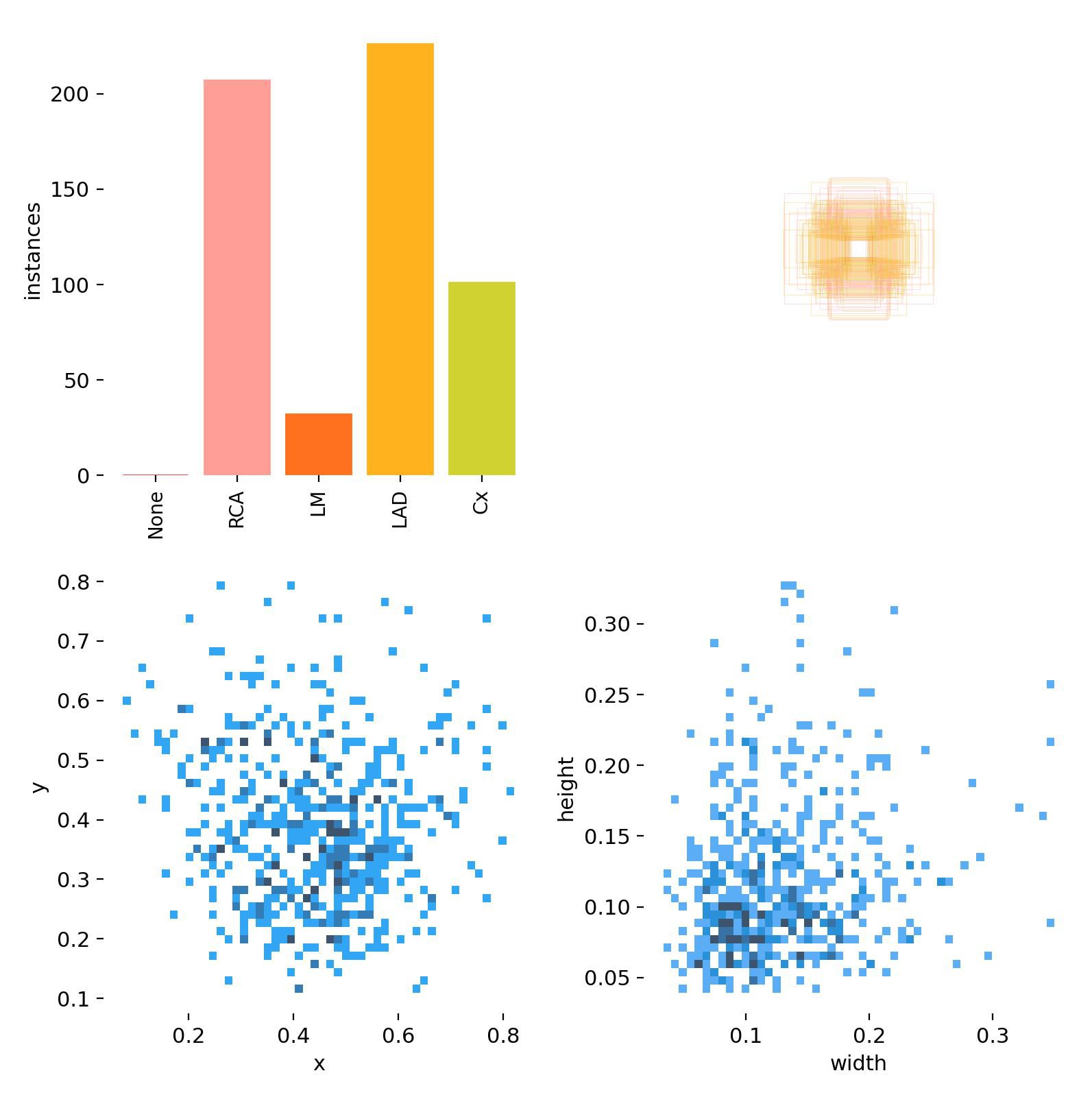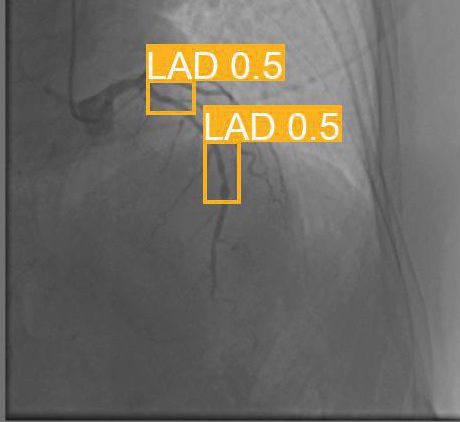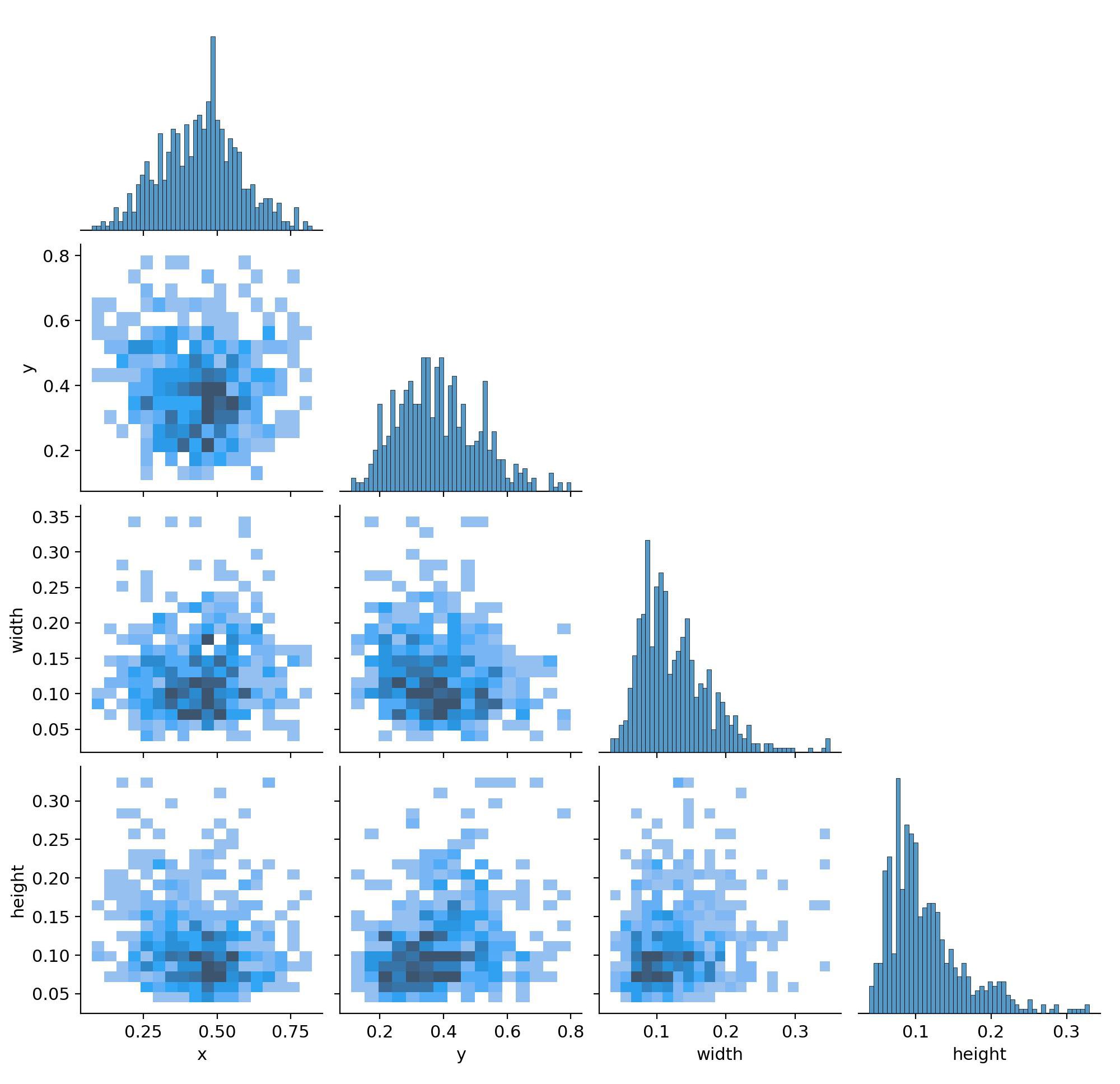Coronary angiography
Learn more about coronary angiography and the method that is a golden standard in diagnostics and treatment of coronary artery disease.
Deep Neural Networks
Learn more about deep neural networks and discover how they are changing the game in fields ranging from computer vision to natural language processing.
AngioAI
Learn more about AngioAI and discover how we are combining the power of machine learning with the expertise of coronary angiography to revolutionize the field of cardiology.
NEURAL NETWORKS ARE THE FUTURE
Neural networks are revolutionizing the field of medicine and have the potential to transform healthcare as we know it.
By leveraging the power of artificial intelligence and machine learning, these powerful algorithms are able to analyze vast amounts of medical data and make predictions with remarkable accuracy. Whether it’s diagnosing diseases, predicting patient outcomes, or developing new treatments, the potential applications of neural networks in medicine are virtually limitless. With their ability to process complex information and identify patterns in data, they are poised to play a critical role in shaping the future of healthcare. AngioAI is just one example of how this technology is already making a significant impact in the field of cardiology.



ELEMENTS OF STUDY
Coronary angiography analysis
We aim to analyze followin parameters in attemt to create a useful tool
Coronary anatomy
Distinction between right, left coronary anatomy, anomalous origins, arterial and venous grafts, non-coronary angio and ventriculography.
Lesion location
An overall localization of the lesions (RCA, LM, LAD, Cx) + segmentation
Stenosis evaluation
Evaluation of degree of stenosis in general (significant/non significant) terms as well as in relative and absolute lumen reduction.
More
Extract information that is contained within frame sequence that might provide useful in overall outcome analysis.
Flow
TIMI flow + parameters allowing to allow the neural network to gather data necessary for FFR-equivalent calculation
An Overview of the AngioAI Project
The AngioAI project is focused on exploring the potential of deep neural networks in the field of coronary analysis. Our team is working with a large batch of coronary angiographies, carefully anonymizing and annotating the data to ensure patient privacy and accuracy of our results. We are using this data to train our algorithms, with the goal of improving the efficiency of method. Our aim is to contribute to the advancement of the field of cardiology, and to explore the challenges and opportunities of using deep neural networks in this context. By conducting this research, we hope to gain insights that will lead to improved patient outcomes and a better understanding of heart disease.
EXPORT AND ANONYMIZATION
The export and anonymization of coronary angiographies is a crucial aspect of the AngioAI project. To ensure patient privacy, all personal information is removed from the images before they are used for research purposes. This includes, but is not limited to, names, dates, and any other identifying information. The anonymized images are then exported for use in training and testing our deep neural networks. This process is carefully monitored and governed by strict ethical guidelines to ensure that patient privacy is protected at all times.
TAGGING AND ANNOTATION
Annotation and labeling are critical components of the AngioAI project. The process involves carefully marking the coronary angiographies to provide information about the anatomy and localization of lesions in the images. This information is then used to train and test our deep neural networks, allowing them to make more accurate predictions and analysis of coronary anatomy and lesions. The annotation process is performed by experienced medical professionals who have a deep understanding of coronary anatomy and physiology. This ensures that the data is of high quality and that the results of our research are scientifically rigorous. Annotation and labeling are important steps in the process of using deep neural networks to analyze coronary angiographies, and they play a key role in helping us to achieve our research goals.
TRAINING AND VALIDATION
Training and validation play an important role in the AngioAI project. We are using state-of-the-art software to train multiple neural network architectures on the annotated coronary angiographies. This allows us to compare the performance of different algorithms and select the best model for our research. In addition to analyzing still images, we are also focusing on analyzing continuous video data, which provides more information about the dynamics of coronary blood flow. This is a challenging task, but we believe that it has the potential to lead to significant advancements in our understanding of heart disease. Through rigorous training and validation processes, we are ensuring that our deep neural networks are capable of making accurate predictions and analysis of coronary anatomy and lesions.
RESULTS AND APPLICATIONS
The results and applications of the AngioAI project are constantly evolving as we continue our research. Our goal is to develop deep neural networks that can accurately analyze coronary angiographies and provide insights into the anatomy and localization of lesions. These insights have the potential to improve the diagnosis and treatment of heart disease, leading to better patient outcomes. As we continue to train and validate our algorithms, we are exploring new applications and refining our results. We work to unlock the full potential of deep neural networks in the field of coronary analysis. We are constantly learning and making progress, and we are eager to see where this research will take us in the future.
Contact us
Drop us a message and we will get back to you as soon as possible
Our Team
The AngioAI project is led by a team of experts with a unique combination of skills and experience. Our team includes an interventional cardiologist and an engineer specialized in neural networks, who are working together to advance the field of coronary analysis through the use of deep neural networks. Our goal is to develop cutting-edge algorithms that can assist medical professionals in diagnosing and treating heart disease, ultimately leading to improved patient outcomes. With a focus on data collection, annotation, training, and validation, our team is dedicated to making a positive impact in the field of cardiology

Michal Nedoszytko MD, PhD
Interventional Cardiologist and software developer

Xavier Lessage, MSc
Engineer, Expert in Machine Learning